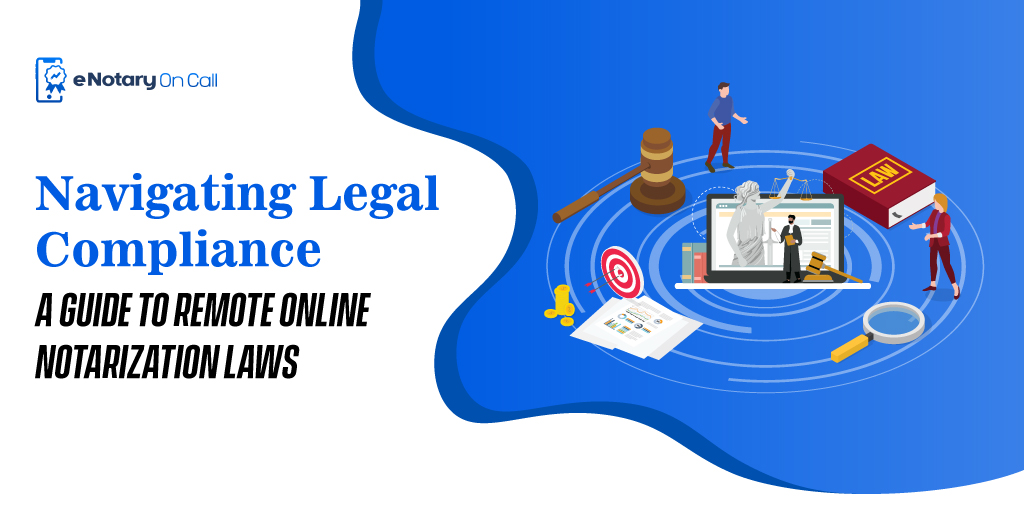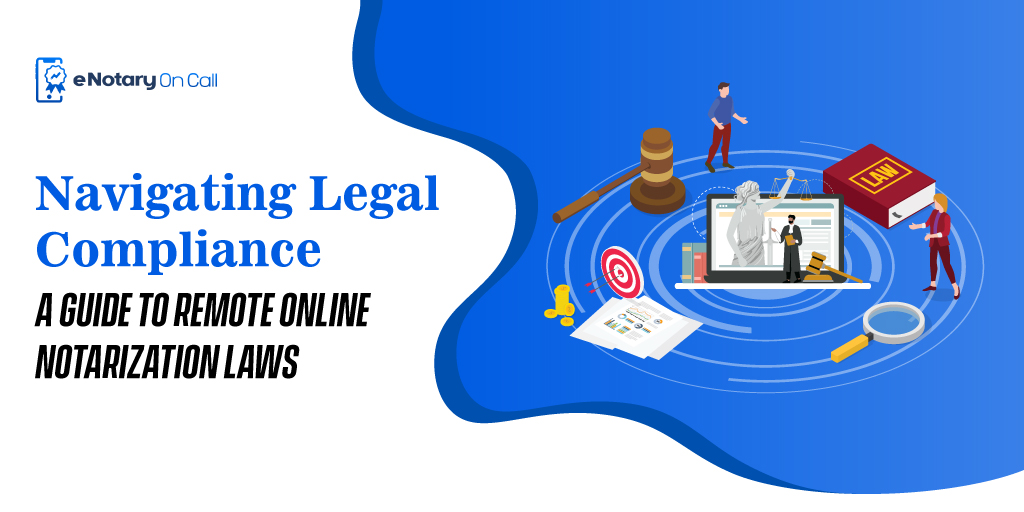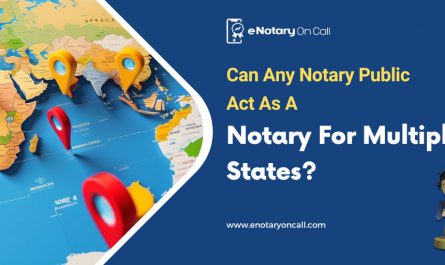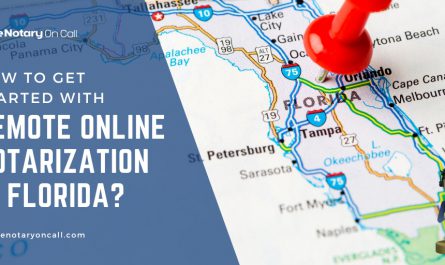
In times where convenience and efficiency hold paramount importance, traditional processes continually evolve to meet the demands of a fast-paced world. Remote Online Notarization stands as a transformative development in the field of notarization. Evidently, it is providing individuals and businesses with the ability to authenticate documents securely from the comfort of their own spaces. Virtual notary involves using audio-video technology to connect individuals with commissioned notaries, facilitating the completion of notarial acts in a virtual environment. As this innovative method gains traction, legality becomes a crucial consideration. Jurisdictions are adapting their legal frameworks to accommodate RON, recognizing the importance of modernizing notarial practices. This is important to uphold the integrity and security of the notarization process.
Legal Landscape of Remote Online Notarization
Recognizing the need for modernization, many states have enacted legislation to legitimize RON, emphasizing security measures and authentication protocols. This dynamic shift reflects a commitment to embracing technology while upholding the integrity of notarial acts.
State-Specific Regulation on Virtual Notary
State-specific regulations on Remote Online Notarization vary. There is a dynamic legal landscape regarding different states of the US. Many have enacted laws to authorize and regulate RON, specifying requirements for identity verification, technology standards, and notary training.
Some states mandate the use of tamper-evident technology and impose residency restrictions on notaries. Others require the completion of a specific RON training program. It’s crucial for individuals and businesses to familiarize themselves with their state’s legislation to ensure compliance and a seamless online notary experience. The reason behind this is each jurisdiction tailors its approach to balance the benefits of technological innovation with the need for legal security.
How Remote Online Notarization Platforms Ensure Legal Compliance
Trusted platforms ensure compliance with state-specific regulations on virtual notarization through a robust system designed to meet legal standards. They are incorporated with advanced identity verification measures, including KBA questions and document verification, to confirm the signer’s identity securely.
Additionally, platforms align their processes with state-specific requirements for notary training and technology standards, ensuring that notaries and users are well-informed and adhere to applicable laws. By staying updated on the evolving legal landscape of RON and tailoring its procedures to meet jurisdictional requirements, reliable platforms prioritize compliance and legal integrity in every notarization conducted through its platform.
Common Legal Concerns Related to Online Notarization
Identity Verification
Document Tampering
Notary Jurisdiction
Residency Requirements
Recording and Storage
Technology Standards
Solutions to These Problems
As mentioned earlier, these concerns require careful attention to legislative updates, robust technology infrastructure, and ongoing communication with relevant legal authorities.
Online notarization platforms must prioritize compliance to instill confidence in the legal validity of their services.
Conclusion
The transformative shift towards Remote Online Notarization signifies a pivotal moment in the evolution of traditional notarial practices. As jurisdictions adapt, the legal landscape is reshaped to accommodate the benefits of virtual notary while prioritizing security and compliance. A trusted platform commitment to robust identity verification, adherence to state-specific regulations, and ongoing evolution in response to legal changes ensures a seamless and legally sound notarization experience. Embracing technology while upholding legal integrity paves the way for a future where efficiency meets unwavering legal compliance in notarial acts.



